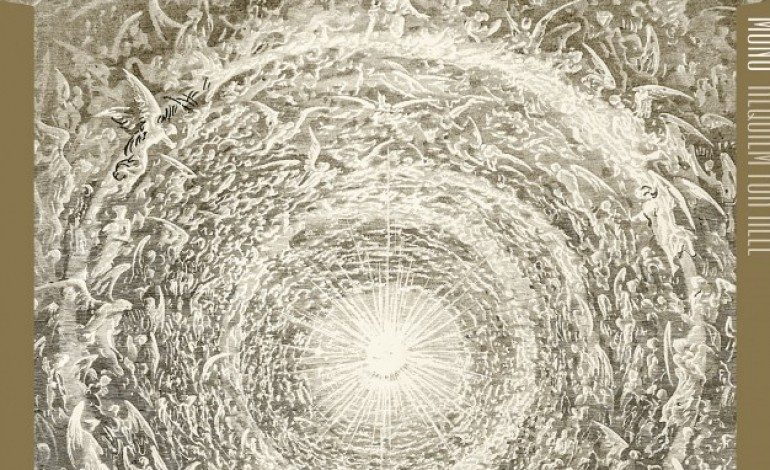

A Slow Slog Through Hell
Post-rock has had its moment in the sun. Its violent crescendos and quiet valleys guided us through the cinematic landscapes of the early-mid 2000s. Sadly, in the years since its peak, the music has followed its own example by secluding itself in a silent trough with only occasional bursts of creativity or recognition shooting from its mainstays or innovators. If the landmark post-rock albums of the 2000s reflect a time in the sun, MONO’s Requiem for Hell is post-rock in the shadows: loud, violent, unrelenting, and most importantly, Hellish.
MONO has stated that the record was inspired by Dante’s Inferno. The timing for this album couldn’t have been better, with MONO coming to the realization that their ninth album may as well touch upon the nine circles of Hell. As such, the album is harsh and unforgiving, bringing its special brand of Mogwai-inspired “crescendocore” to ear shredding levels of endurance and intensity that test the mettle of any listener. The most differing factor from this album and one from Mogwai is the spacing of the crescendos and the progression of the songs. A typical Mogwai song goes through multiple crescendoes and de-crescendos through its duration. On this album MONO opts for longer song structures, leading most songs to build, peak, and eventually fall all over the course of fourteen minutes. Unfortunately this is an extremely difficult task to do well, with Fuck Buttons being the greatest example of success at an extended peak, which is a byproduct of their unorthodox instrumentation and production style.
This is not to say that MONO is entirely unsuccessful in their Hellish journey. Each song, save for “Stellar,” is brutal in construction and often possess a lingering static in the background over the calm instrumentation. The combination evokes imagery of a shell shocked soldier stumbling through the wastes as his comrades scream and die around him. The piano he hears is only a construct of his mind, isolating him from the surrounding horrors. The imagery on the record is lush and potent: the roaring guitars on tracks like “Requiem for Hell” and “Death in Rebirth” scream with a tortured agony fitting for the conceptual landscape that MONO has aimed for. The horrendous images leave a lasting impact on the listener in an album where they are few and far between.
Requiem for Hell is not a spike out of the valley of post-rock, nor is it the long awaited push back into the sunlight; this is an album that only succeeds in the darkness, its whole existence dependent upon starless night skies and new moons. It lacks the ingenuity and ambition that once propelled post-rock into the consciousness of music lovers the world over. The formula is old and weary, and despite the new layer the of violent scar-flecked skin, a careful ear can still hear the weary old bones creaking under the flesh. After a disappointing run this year for the genre, which saw two of its largest acts put out lackluster albums, the public is left to wonder whether the genre was ever meant to exist in the cool shaded valleys instead of perched upon monumental and steep mountains. Requiem for Hell at least tried to reclaim the soaring heights of the beleaguered genre but only dragged its wings along the ground, only to come crashing down in a bloated and noisy skid.
